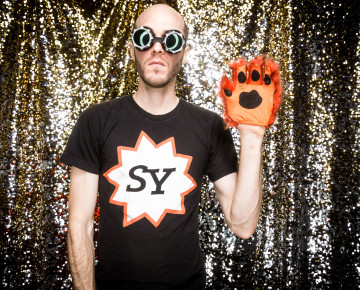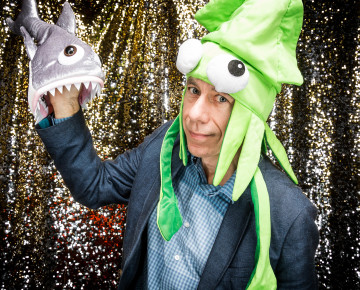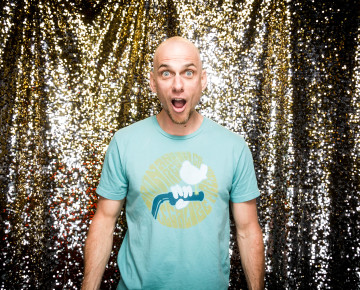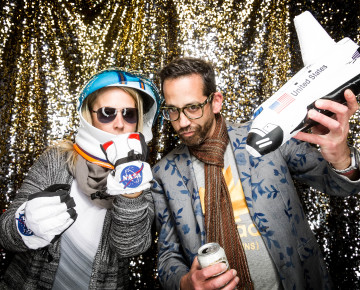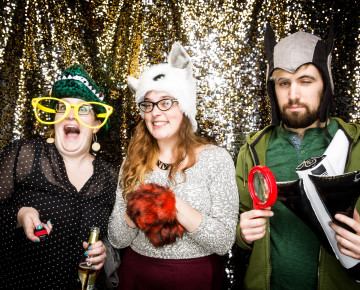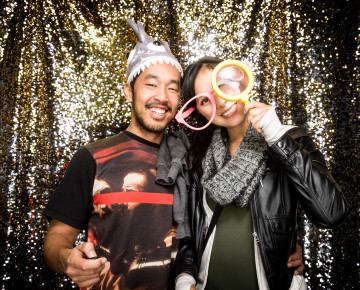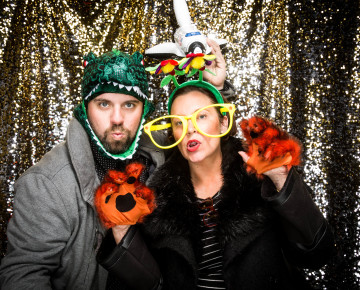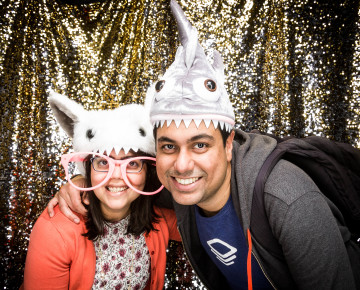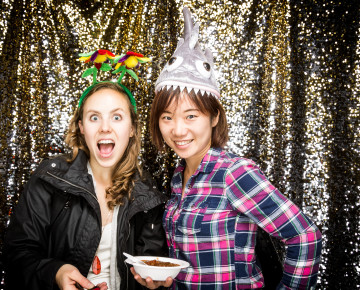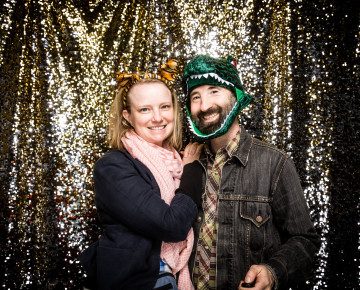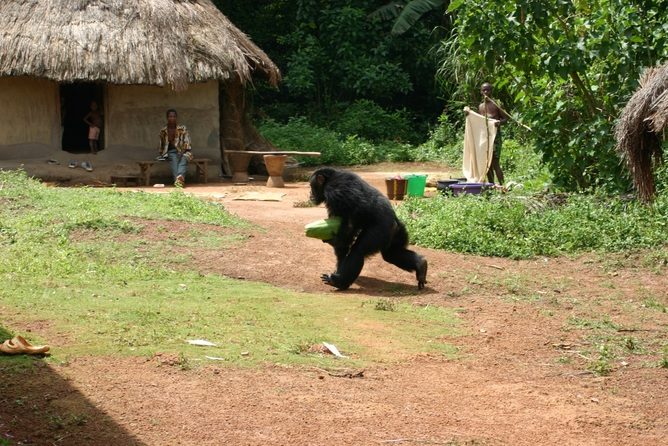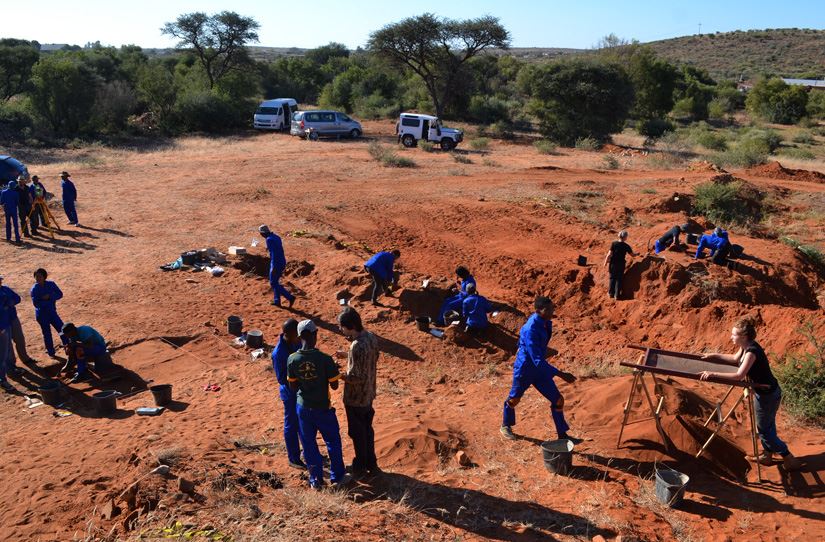Being Human | Guest Post
This week guest blogger Rebecca O’Neill (see bio below) shares her impressions of our March 15th installment of Being Human.
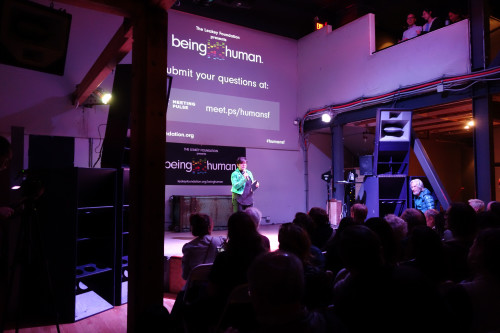
Last week, I had the pleasure of attending The Leakey Foundation’s Being Human event focused on exploring humans’ unique storytelling ability. Dr. Tania Lombrozo, an associate professor of psychology at the University of California, Berkeley, explained to us how stories, or explanations, are central to our sense of understanding the world around us.
Tania made the point that humans are attracted to stories to help make sense of the information that we perceive. We evolved to find an interlinking thread that explains how A led to B led to C. In fact, our instincts not only drive us to explain, they make sure that we enjoy figuring things out. She shared her colleague Alison Gopnik’s provocative quote: “Explanation is to learning as orgasm is to reproduction.” In other words, reaching an explanation motivates us to continue learning.
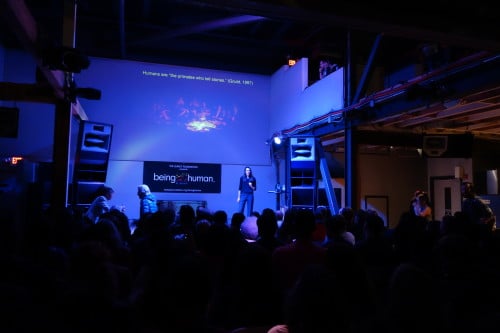
This motivation to explain has been hugely beneficial in that it has enabled us to study science, history, philosophy and many other important disciplines. We are able to spot patterns extremely well and connect the dots between chronological events to deduct causality.
However, the need for a story can also be detrimental – humans like simple explanations for what we see, and do not like exceptions. We especially don’t like random exceptions. So this can lead us down the path of conspiracy theories or even to turn our backs on theories that science has proven but which are complex, such as climate change.
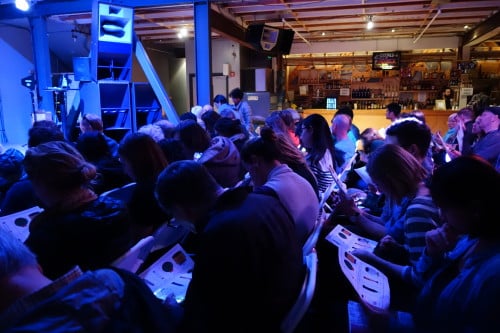
A highlight of the event was the participation in a live experiment – one that she’d done many times in her lab but never “with people who had consumed alcohol.” Everyone was given a sheet with robots pictured on it. Half of the audience had received sheets that instructed them to “describe this drent [or glorp] robot” and the other half with instructions to “why is this robot a drent [or glorp]?” After we explained or described, Tania highlighted several patterns that tied together the glorps or drents. We then used an app on our phones to report data including whether we had identified the patterns.
The people who were asked to explain why the robot was a drent or a glorp were much more likely to spot the patterns than those people who were asked to just describe the robot. This is really telling as it demonstrates that, even though everyone had the same information, our brains function differently when the goal is to explain something. This has very real applications in our education systems, as well as broader societal learning (such as parenting).
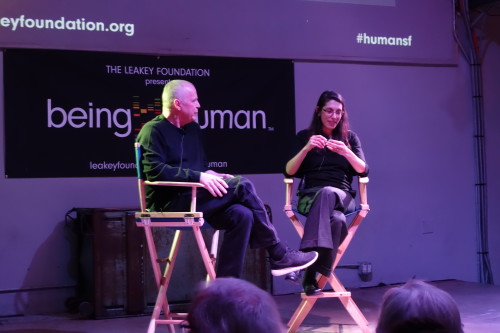
The Q&A session was also eye-opening. Peter Baumann, the founder of Being Human, led the questions and Tania provided thoughtful and sometimes funny answers. For example, when asked by an audience-member if “mansplaining” was real, Tania said that it hadn’t been studied to her knowledge but that she’d hazard a guess that it’s a real phenomenon. On a more serious note, another audience member made the point about the connection of explaining to survival, which stimulated a fascinating discussion on the stage. Tania agreed that devising explanations helps humans feel more in control and able to predict the future, and so more likely to survive.
The talk was just another great demonstration of the value of the Being Human series. We all would benefit from both looking backwards to understand how and why traits (whether physical or behavioral) evolved, but also to harnessing this knowledge to shape the future we want. Storytelling is a universal trait in humans that has real-world applications – understanding this can help to drive improvements in how we treat nature, each other and ourselves.
About Rebecca O'Neill
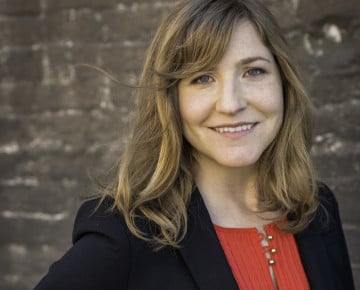 I am a lifelong learner who is a passionate advocate for science and the human capacity for innovation. I have a Bachelors Degree in biology from Oxford University and a Masters Degree in environmental science from Imperial College London. I have worked in a variety of nonprofit, media and business roles to promote environmental conservation. I currently live in Oakland, California and work at SustainAbility, a hybrid think tank and strategic advisory firm working to catalyze business leadership on sustainability.
I am a lifelong learner who is a passionate advocate for science and the human capacity for innovation. I have a Bachelors Degree in biology from Oxford University and a Masters Degree in environmental science from Imperial College London. I have worked in a variety of nonprofit, media and business roles to promote environmental conservation. I currently live in Oakland, California and work at SustainAbility, a hybrid think tank and strategic advisory firm working to catalyze business leadership on sustainability.
Charles Darwin has been a hero of mine for as long as I can remember. Evolution is one of the most important scientific theories that humans have discovered. I believe that The Leakey Foundation’s mission is a crucial one – we need to understand how we have evolved in order to make better decisions for ourselves, our society and our planet, both now and in the future.
Don’t forget to stop by the Snap Yourself! photo booth upstairs in the Odd Job Room.
